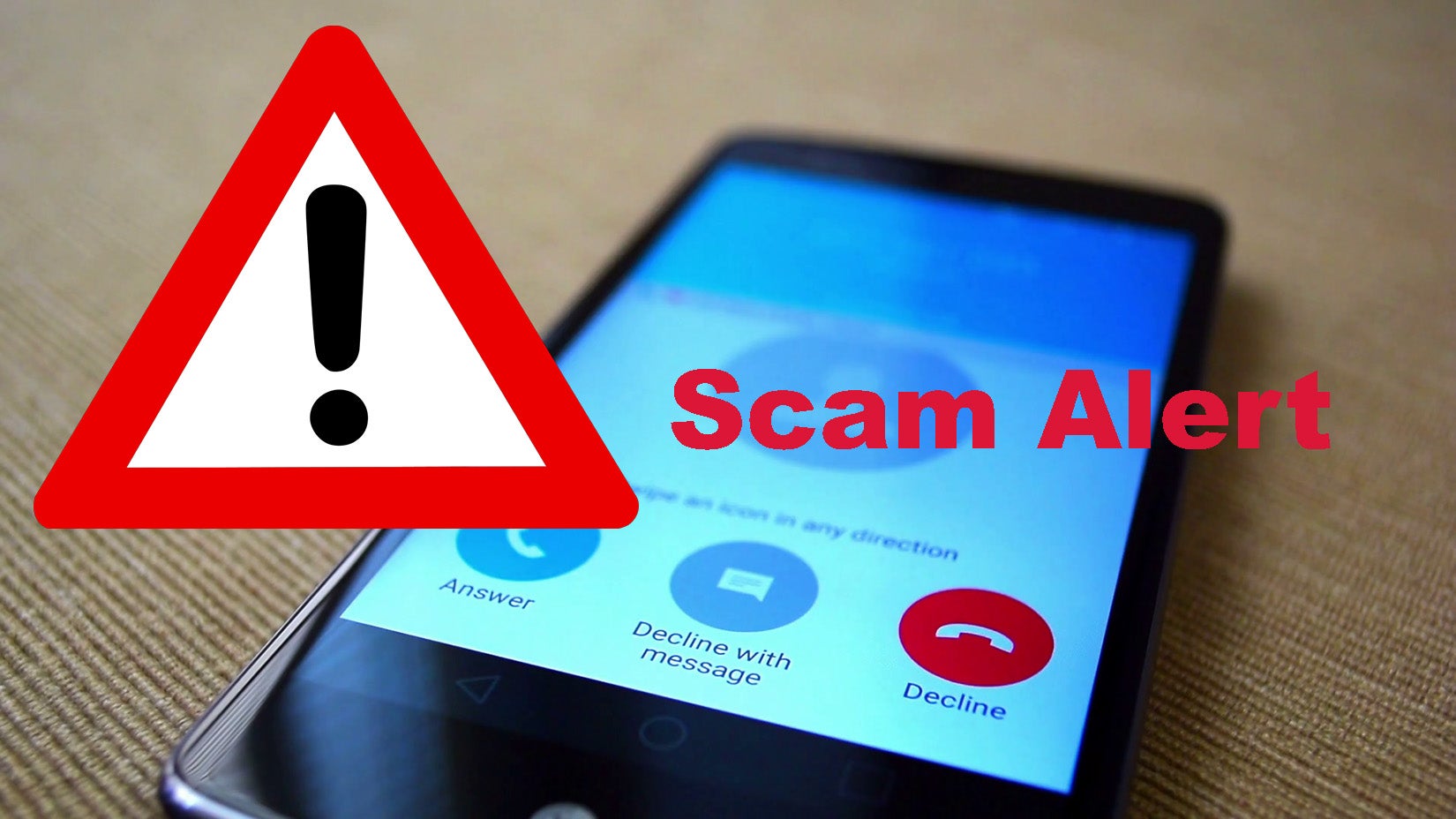What to look out for to avoid being scammed?
There are two common types of utility scams—the phone call from a fake representative of your utility co-op or company and the more brazen door-to-door promotional pricing or product scam. The information below will help you identify these cons and avoid being swindled this summer.

Phone Scams
Criminals try to take advantage of people by calling and demanding payment immediately.
These scams tend to use aggressive and intimidating tactics. You’ll receive a call from a scammer claiming to be a representative of your local utility company or energy provider. They will insist you’re behind on your electricity bill payments and your account is delinquent. They often threaten to shut off your electricity or natural gas immediately, usually within the hour or that same day if you don’t pay up.
If you miss the call, you may receive a message stating that you owe a large but specific amount of money, usually hundreds of dollars. The imposter will leave a callback number for their “direct line,” and a threat to disconnect your energy service that day.
Well-organized scammers can even spoof, or replicate, the phone number that appears on your caller ID to make it look like it’s coming from your energy provider.
At this point, you might be panicking, and that’s what these fraudsters are counting on. You don’t think clearly when you’re frightened or alarmed, so you could forget that you’ve paid the last few bills on time, or that you have automatic payments set up.
Watch out for:
-
Threats to cut your power immediately without payment
-
Fuzzy details about your agreement with energy provider
-
Requests for money transfers or prepaid debit cards
How to identify a utility scammer over the phone?
These fraudsters usually request “payment” by strange or unconventional means. Demands for prepaid debit or credit cards, gift cards, wire transfers, money orders, or cash are a dead giveaway that the person you’re speaking with is trying to scam you. Another sign is extreme urgency. Scammers may insist you have to pay in the next hour. Often, they will try to keep you on the phone to hurry and badger you, preventing you from realizing that you’re being deceived.
Door-to-door Scams
A suspicious person who rings your doorbell and claims they work for your energy provider.
Door-to-door scammers are more like the stereotypical con man. They impersonate legitimate door-to-door sales representatives and offer to help you get lower rates and save on your energy expenses. They’ll try to establish a rapport and gently pull personal details out of you through friendly conversation. Their ploy is different from the phone scammers.
They want you to “enroll” for a lower energy rate or buy specific products from them (that would arrive at a later date, of course). They may ask for your credit card number, bank account information, or your social security number. Some also try to accept checks made out to their name—not the energy company’s name—or cash with the promise of a special energy rate or expensive home products.
Watch out for:
-
Threats to cut your power immediately without payment
-
Fuzzy details about your agreement with energy provider
-
Requests for money transfers or prepaid debit cards
How to identify a door-to-door scammer?
It can be difficult to tell legitimate door-to-door employees apart from the imposters if you’re not paying close attention. Legitimate employees always carry a permit with them, so be sure to ask for it before letting anyone inside your home. Our team members also wear branded clothing like shirts, jackets, and hats with our logo. If you aren’t offered a business card or don’t see printed materials with a description of energy plans and rates, chances are the person on your doorstep is a scammer.
Our door-to-door employees won’t ask you to write down any sensitive information like credit card numbers or your social security number, so be wary if someone comes knocking and asks for this information. Any private data must be securely entered into our system via iPad by the customer themselves. Just Energy door-to-door members do not enter this information into any application themselves to protect the security of your data. They will also ensure that you receive a copy of your new contract.
What to do if you’ve been targeted in an energy scam?
If you get a suspicious call demanding sensitive information or asking for nontraditional payment methods, hang up and call the police. It’s important to report scams to help protect other people from falling for it and being exploited.
If you’re unsure that if spoke with someone who was trying to con you, contact Rock Energy's member services team. They’ll be able to lookup and verify your account status. Remember to:
-
Always verify your account status before paying
-
Ask for identification or proof of identification
-
Familiarize yourself with scam reports in the area
Source: Just Energy
